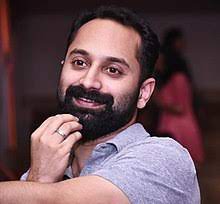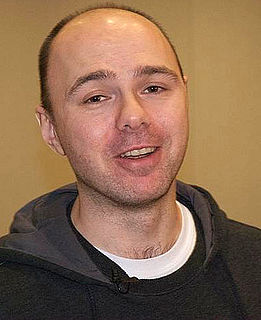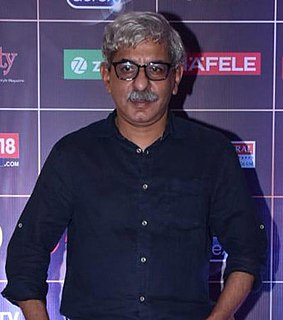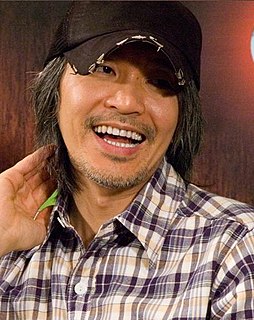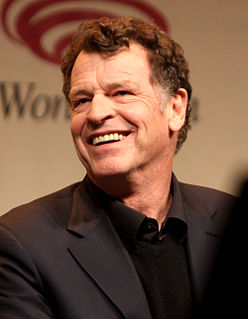A Quote by Fahadh Faasil
I want the audience to watch my films, and that is what I value more than any awards.
Related Quotes
I say have the night and give people the awards, but why do people want to watch people win awards? What are they getting out of it? I don't quite get it. Because they have awards all the time; there's awards for butchers, the best meat served, but they don't televise it. I don't know why they do it for films or TV programs.
I think movies in general should have more respect for the audience than they do. Too many films are afraid to confuse people, so all the information is given to them right away, and there's nothing left for the film to do. It ruins many stories, because everything becomes obvious and predictable. I want my films to engage people more and make them more actively involved in the story.
I would not have made any of my films or written scripts such as Taxi Driver had it not been for Ingmar Bergman, What he has left is a legacy greater than any other director.... I think the extraordinary thing that Bergman will be remembered for, other than his body of work, was that he probably did more than anyone to make cinema a medium of personal and introspective value.
What I've observed is that television in the last decade has increased to something that's almost unrecognizable. They are feature films. That's a huge shift, and it's something the audience expects. They still may want to watch their half-hour sitcom, but when they watch scripted drama, they expect the standard.
